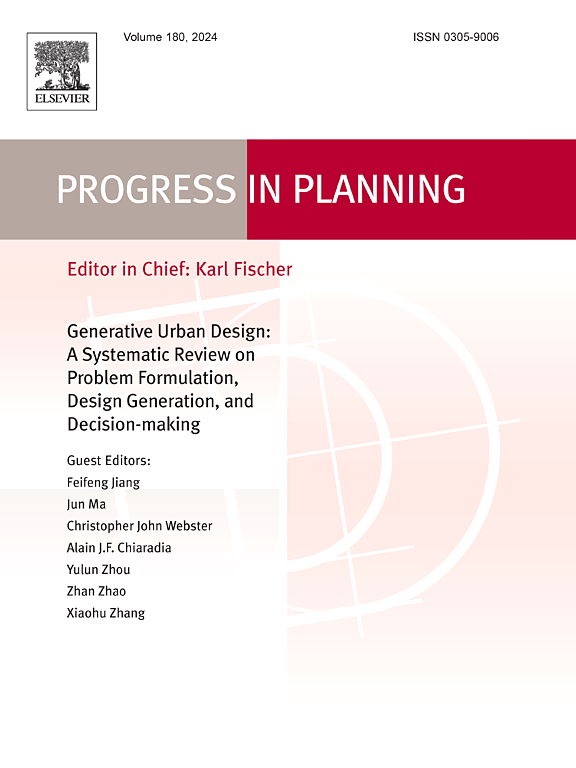In search of causality in the relationship between the built environment and travel behaviour. On the challenges of planning and realising an ambitious mixed-methods panel travel survey among relocating households in Germany
Abstract
Household residential location changes have become an important life event to study changes in travel behaviour. However, most related studies suffer from the shortcomings of collecting retrospective pre-move data, i.e. recall errors and ex-post rationalisation of change. What is more, the overwhelming majority of research in the field relies on quantitative data that do not adequately reflect the subjective perspective of the households or individuals under study, and that are prone to causality issues. Based on a solid theoretical discussion of causality between the built environment (on two interconnected scales) and travel behaviour, the paper reports on a mixed-methods (qualitative/quantitative) panel survey among movers and a control group of non-movers in Germany. Substantial effort was required to conduct the survey due to the dependence on collaboration partners who provided access to households planning to move in the near future. Therefore the paper focuses on the sampling and recruitment process, for which various channels were used. Results pertaining to representativeness and the costs and effectiveness of recruitment channels are presented, and implications for data analysis are briefly discussed. Conclusions are drawn with respect to the relevance of the approach for researchers and practitioners.

 求助内容:
求助内容: 应助结果提醒方式:
应助结果提醒方式:


